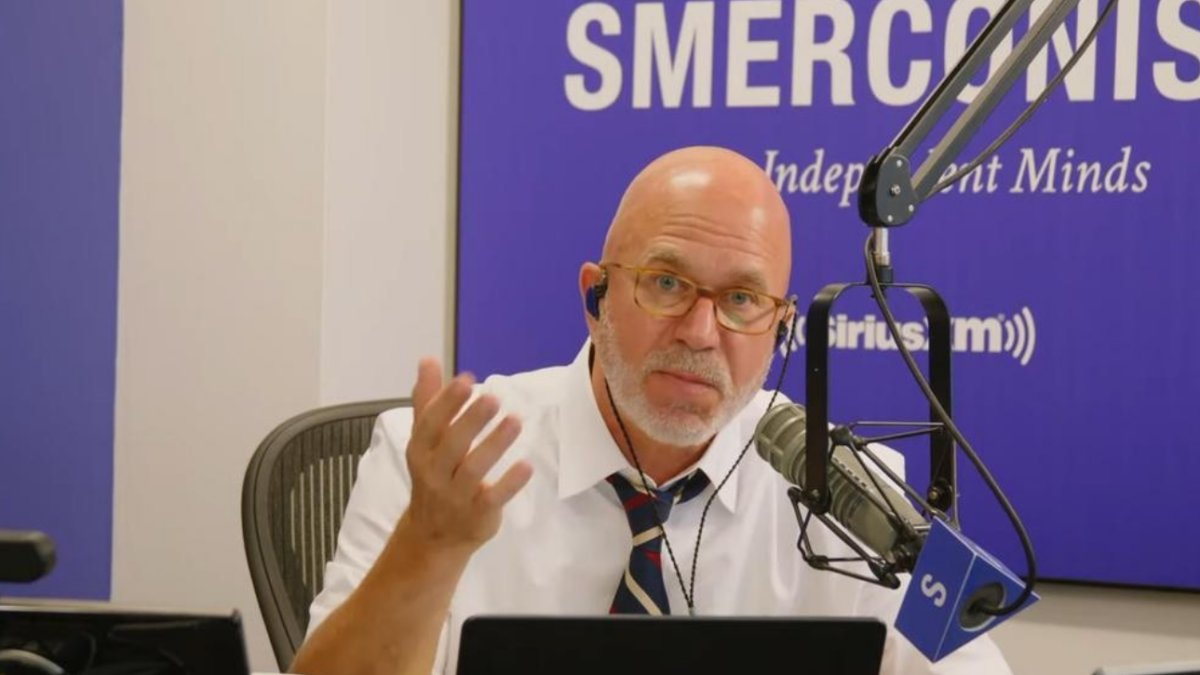Brenda Hafera: Villanova lays bare America’s campus free speech threat
 Photo by Daniel ODonnell on Unsplash
Photo by Daniel ODonnell on Unsplash
Iowa Sen. Chuck Grassley recently sent letters to four universities, including Villanova University, about their faltering dedication to free speech. I was an undergrad at Villanova, went on to earn my master’s, and then worked at the university. There my commitment to public service and civic education began, and I met friends who became family. So I am saddened that I must agree with the senator’s charges.
I was made to take a course on “Race, Class, and Gender” to satisfy an ideologically driven diversity requirement. Charles Murray was met with protests when he came to campus. And last May, two professors voiced concern that the university’s decision to include diversity questions on student evaluations undermines liberal education and could result in faculty being punished for their views.
The senator is reacting to such substantive concerns. And his inquiry has teeth, as he is chairman of the finance committee. Universities enjoy tax-exempt status because they “promote an intellectual environment built on a commitment to free and open inquiry.” Fulfilling such a mission is not only integral to a liberal education but essential for the perpetuation of a free society.
CLICK HERE TO READ STEVE HAYWARD AND JOHN YOO’S “THE FREE SPEECH CRISIS ON OUR CAMPUSES”
Universities play a significant role in cultivating the minds of citizens and statesmen. And America’s youngest generations have certainly been influenced by the postmodern ideology prevalent in the academy. While much has been said about millennials, a new generation has now entered adulthood and the political arena. There are many commonalities shared by millennials (born from approximately 1981 to 1996) and members of Gen Z (those who have just graduated or are currently in college). Both generations are animated by the same political questions. Their fervency for gay marriage, LGBTQ issues, and environmentalism borders on religiosity.
During my own college years, we millennials looked upon such issues with confidence but without moral certainty. It was an unspoken agreement for us not to engage with questions which were of any importance. When a conversation strayed into such dangerous territory, tensions could be dispersed with the seemingly humble utterance, “well, that’s just my opinion.” Moral relativism was the predominate worldview of millennials.
Universities enjoy tax-exempt status because they “promote an intellectual environment built on a commitment to free and open inquiry.” Fulfilling such a mission is not only integral to a liberal education but essential for the perpetuation of a free society.
Millennials took comfort in a fallback position that enabled them to dismiss assertions about “truth.” Underlying millennial intellectual neutrality was an assuredness their opinions would inevitably win out, that history was moving in a certain direction.
After all, young people agreed on the issues. In 2014, when many millennials were in college or had recently graduated, 67 percent polled in favor of gay marriage. And members of Gen Z often took after their older siblings. So it was unnecessary for millennials to argue with their professors or even their improperly assertive classmates. They held the majority, and in a democratic system, it was only a matter of time until their values would be codified.
Gen Z was shocked out of that confidence in 2016. Many young people maintain isolated social circles (both on social media and in real life). But the election of Donald Trump proved that individuals who oppose pan-genderism, believe in a cohesive American culture, and don’t shop organic do indeed exist. And they have enough power to win an election and perhaps even impact future political trends.
So young people joined the battle and became social justice warriors.
They are now activists, prepared to enforce their political opinions rather than allow them to take hold. Indeed, free speech incidents on college campuses doubled after the 2016 election, according to Greg Lukianoff’s and Jonathan Haidt’s The Coddling of the American Mind (2018).
The political shift from relativism to social justice among the youngest generations was comprehensive and swift, the progression of a moral movement triggered by the perceived urgency 2016 created. Gen Z’s claims are cloaked in righteousness but are fundamentally about power and privilege. For them, politics is a zero-sum struggle, and people are divided into victims and oppressors: women vs. men, minorities vs. whites, queer vs. straight.
This kind of thinking has expanded beyond the academy, permeating a significant portion of American culture as a whole, especially in coastal cities. This is not unexpected, as college elites control the means of communication (the media) and a major conduit of popular culture (Hollywood). They are the opinion-makers of our age.
Sen. Grassley and other elected officials are right to ask questions. Theirs are the questions so many of us are asking of our beloved alma maters. I hope mine will take a lead on this matter and embrace its once-strong Catholic tradition and love of veritas. I hope Villanova will have the humility to listen to its well-meaning alumni, professors and public servants and exhibit the fortitude necessary to rededicate itself to the genuine pursuit of liberal education. For if it won’t, who will?
Brenda Hafera is the director of international and continuing education programs at The Fund for American Studies. She was previously assistant director of the Matthew J. Ryan Center for the Study of Free Institutions and the Public Good at Villanova University, and was a 2017 Claremont Institute Publius Fellow. (Colleen Sheehan, founder of the Ryan Center at Villanova, is a Broad + Liberty board member.)
This article originally appeared in The American Mind, a publication of the Claremont Institute.



